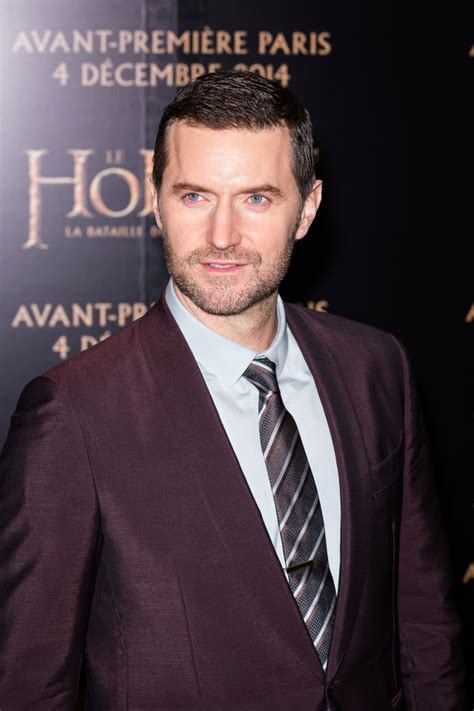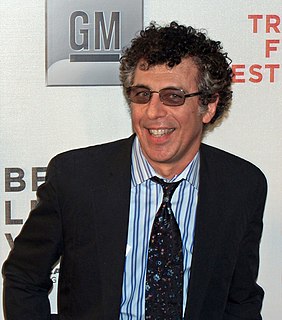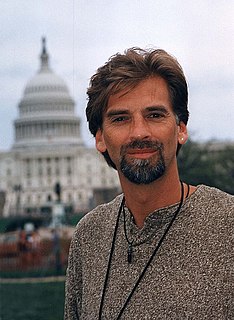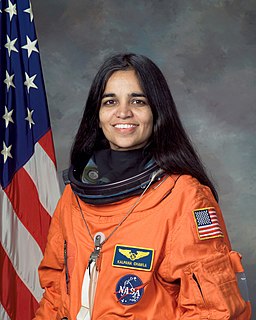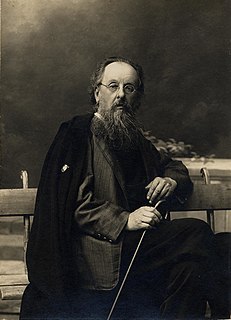A Quote by Ian Mckellen
The whole atmosphere of the book, the tone of 'The Hobbit,' is of a kid's adventure story, told in the first person by Tolkien, who is introducing young people to the notion of Middle-earth. A lot of it is very light-hearted.
Related Quotes
Too many writers think that all you need to do is write well-but that's only part of what a good book is. Above all, a good book tells a good story. Focus on the story first. Ask yourself, 'Will other people find this story so interesting that they will tell others about it?' Remember: A bestselling book usually follows a simple rule, 'It's a wonderful story, wonderfully told'; not, 'It's a wonderfully told story.'
Finding a title for a book is something that I work really hard at ... So, in Salt, I realized that the book was a lot about how people live on the earth together and who has access to the resources of the earth. So salt was a very specific thing that people needed, but it's also symbolic because of the way it comes out of the earth.







